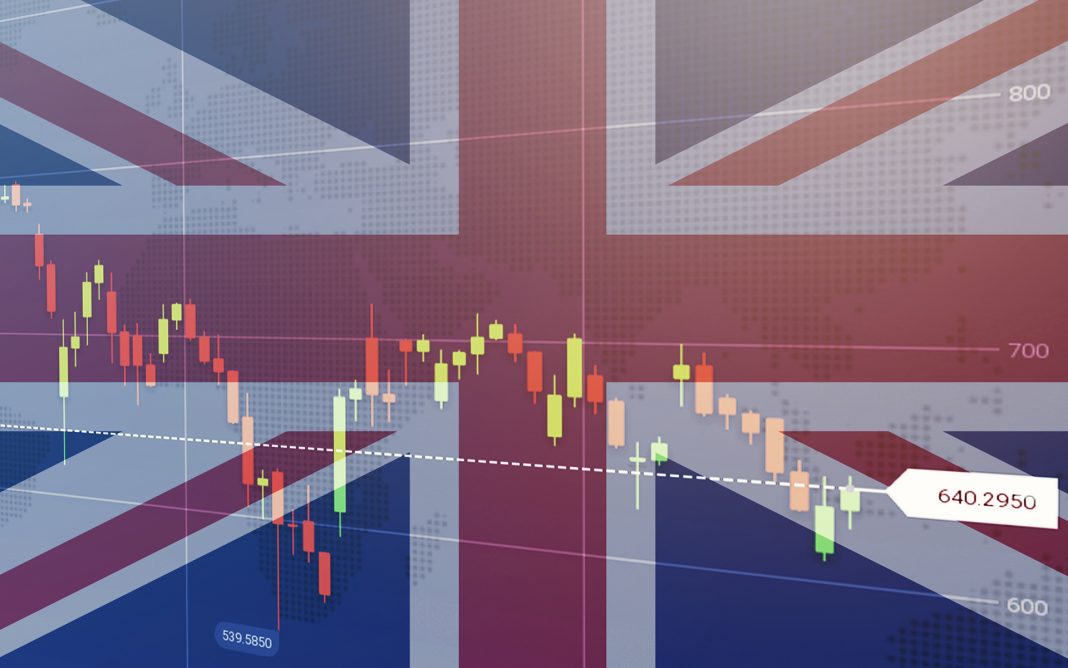England is among the first states to monitor and control the relationship between a customer and a broker. The Financial Conduct Authority is responsible for the functioning of Forex and other financial markets in England. This is a controlling organization working in close cooperation with PRA (regulator of banks and other large financial organizations) and the Bank of England and financed by contributions from licensed companies. When opening an account in the company registered in the UK, the client can be sure that the broker will provide him/her with a full set of tools, guarantees, and world-class services, and that his/her activity will be carefully monitored by the regulator.
How to start trading Forex
The first thing a beginner trader should learn is the definition of the Forex market. In the classic sense, the Forex market is a foreign exchange market with a high volume of daily transactions.
A study of the Forex trading UK principles is a difficult task. If you decide to embark on this path and start trading on Forex, please take into account that it will not be easy to learn all the subtleties of work. There are lots of materials for beginning traders: books, video materials, online courses, and even stock trading classes.
Choosing a broker is one of the most important steps when it comes to Forex trading. This may determine your future trading experience.
Factors to consider when choosing a broker:
Minimum capital required to start trading Forex.
Reviews from experienced traders.
Availability of trading instruments.
Absence of the broker in the blacklist.
Possibility of using automated trading.
Deposit and beginning of trading
These are the final steps towards becoming a trader. If you’ve successfully mastered all the necessary knowledge, and your trading strategy has worked perfectly in a demo account, we recommend you open a real account. Start with a small deposit ($200 is usually more than enough). Moreover, some brokerage companies offer deposit bonuses.
It is important to mention that Forex is a high-risk market, and all traders lose money. Before opening a real account, you should realize that losses are an integral part of trading. You will see it while trading on a cent (micro) account.
Do forex traders pay tax in the UK?
When people decide to use this activity as a source of extra income, few of them bother to think about taxation. However, the closer the tax season, the more concerned they become. If you feel identified, start your research with this guide. This will give you a clue.
The best news is that if such trading gives you a small income, and the authorities classify you as a common speculator, you will avoid taxation. But if you treat this activity as a real business, you’ll have to pay taxes. However, in this case, you’ll also be offered protection for losses, which is a considerable advantage. In such a situation, HMRC will charge you one (or several) of the following types of fees. In practice, in many cases, the UK Forex trading tax regime is determined automatically based on total income, employment status, and other aspects.
And finally, we should highlight another important security measure, which will help you avoid unnecessary investigations, fines, and related problems: registration with a licensed broker. If you work in the UK, we recommend the following companies:
- Admiral Markets
- eToro
- FxPro
- IG Markets
We should note that UK intermediaries are suitable for global trading. In most cases, UK companies can’t offer very favorable working conditions, but this is offset by a guarantee of their reliability and professionalism. All of the above-mentioned UK forex brokers are registered or have official representations in many of the largest cities in the UK (such as London, Manchester, Liverpool, York, etc.) Many famous and reputable companies successfully work in the Foggy Albion.


